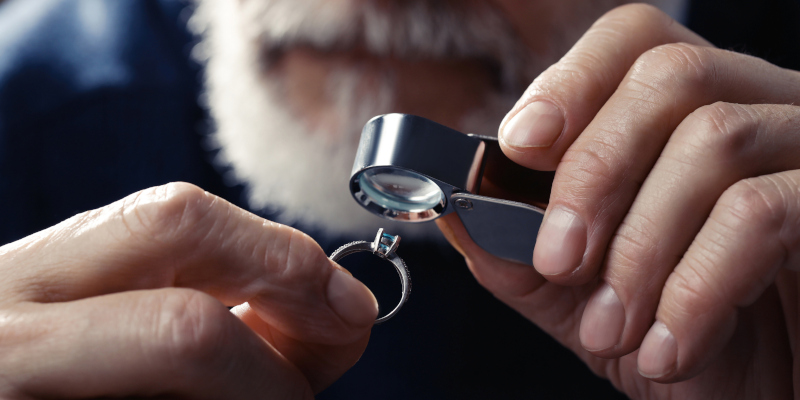
Pawning can be a great way to get quick, easy cash. However, most people have a few questions about the process they want answered before they walk into the shop with their valuables. Let’s take a look at some of the most common questions about pawnbrokers to help you feel more confident and informed about the pawning process.
What is a pawnbroker?
A pawnbroker is a licensed professional who can provide secure loans in exchange for personal property. If you don’t repay the loan, the pawnbroker has the right to sell the item to recoup their losses.
How does the pawning process work?
When you bring an item to a pawnbroker, they assess its value and offer you a loan based on that value. If you agree, you get cash, and the pawnbroker keeps the item as collateral. There is a set period (often 30 days) to repay the loan and any interest in order to reclaim your item.
What kinds of items can I pawn?
Most pawnbrokers will accept a variety of items, including jewelry, electronics, musical instruments, tools, and collectibles.
Is pawning the same as selling?
No, pawning is a loan process, whereas selling is an official transfer of ownership. If you pawn an item and repay the loan, you get it back.
What should I bring when I visit a pawnbroker?
To ensure a smooth process, bring items that are in good condition and have any relevant accessories, such as chargers, original packaging or boxes, or instructions/manuals, and a valid ID. If you have documentation proving the item’s authenticity or value, bring that with you as well.
Understanding the pawning process can help you make the best decisions with your items when you need quick cash and approach the process with confidence. If you have additional questions, don’t hesitate to reach out to a local pawnbroker in your area for guidance!






